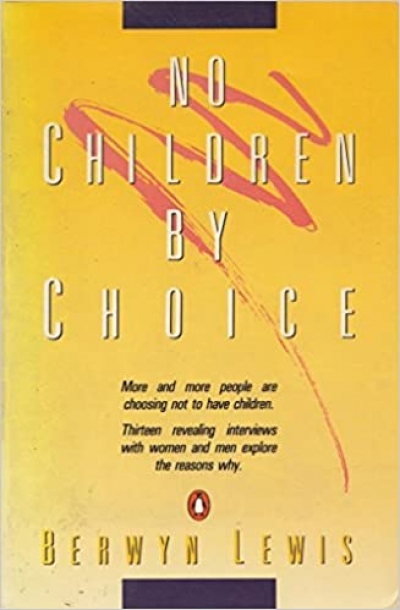To have or not to have children: a dilemma made possible by technological advances and the consequent loosening of social roles. Once, having children was both an almost inevitable result of adult sexual activity and, generally, a desired one. For most people, being an adult member of a society implied having and taking responsibility for children. And for many people it still does. But it is now possible for people to choose when to have children, or to choose not to have them at all. No Children by Choice is a collection of interviews with men and women who have chosen not to have children; Mature Age Mothers is a collection of interviews with women who have not had children until they are over thirty (except for Junie Morosi who had three children in her teens and another child at forty-five).
...
(read more)



